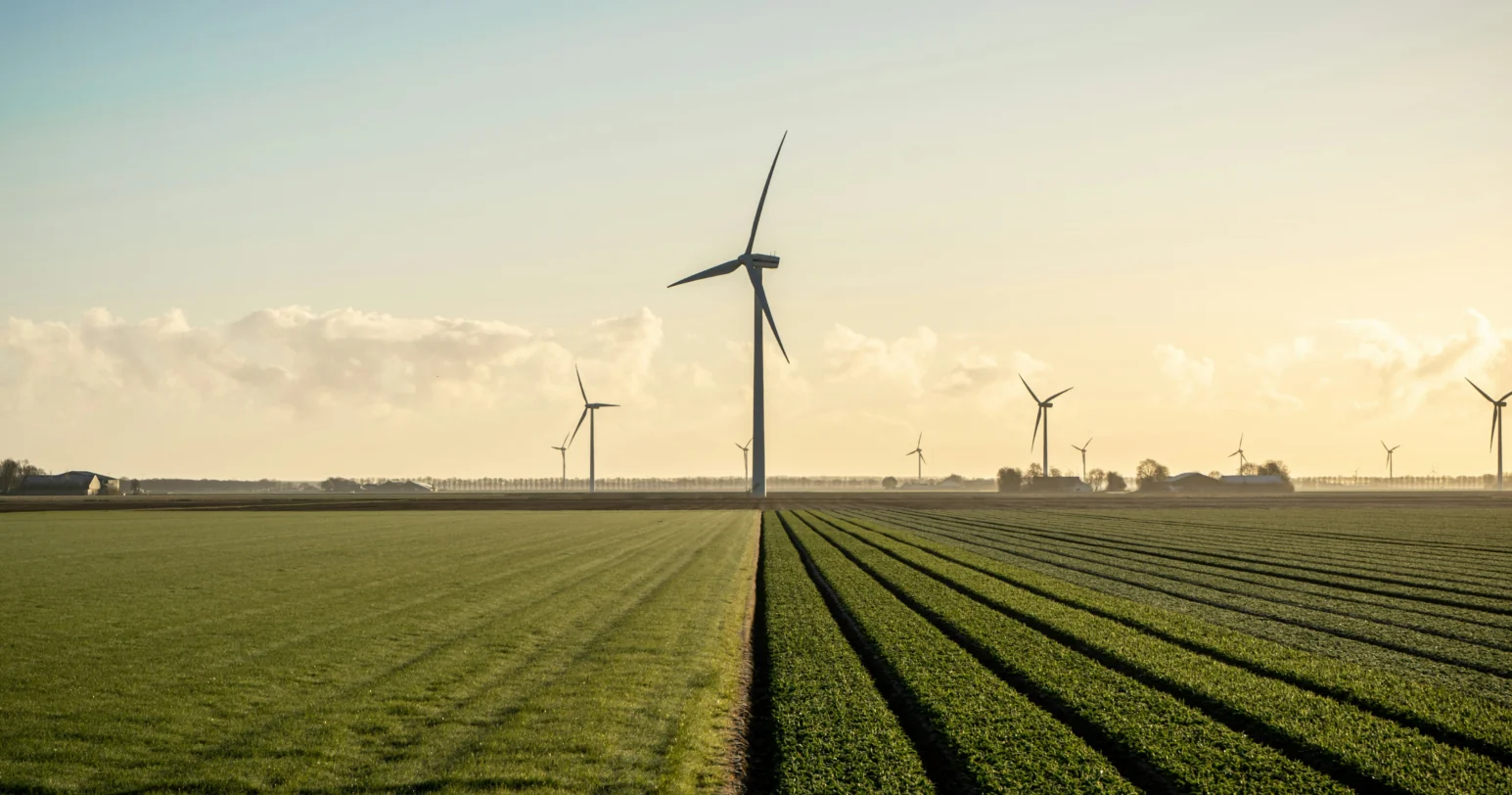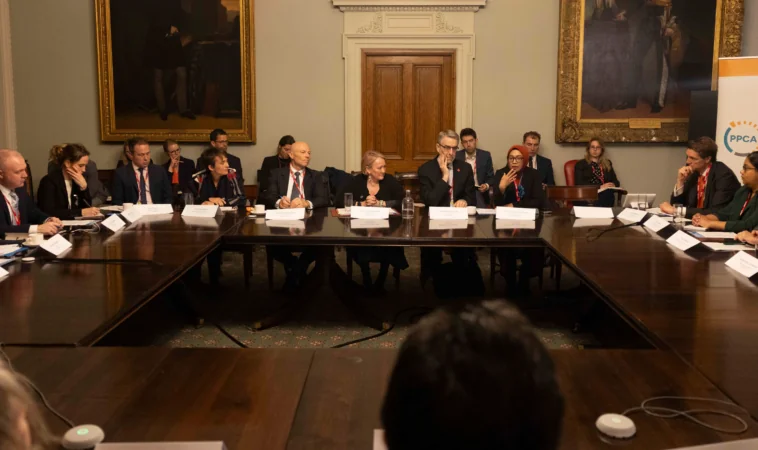
Powering Past Coal Alliance announces 10 new members at Global Climate Action Summit
Today at the Global Climate Action Summit, the Powering Past Coal Alliance has warmly welcomed 10 new States, Regions and Cities into the growing membership of the Alliance.
These new members demonstrate growing global momentum behind the phase-out of unabated coal power generation. Their diversity and depth of experience reflects the increasing number of jurisdictions that share our ambition to take action to accelerate clean growth and climate protection.
Members of the Powering Past Coal Alliance agree that phasing out unabated coal power is one of the most important steps governments can take to tackle climate change and meet our commitment to keep global temperature increase well below 2°C, and to pursue efforts to limit it to 1.5°C.
Confirming their membership of the Powering Past Coal Alliance are:
- Australian Capital Territory, Australia
- Balearic Islands, Spain
- Connecticut, USA
- Hawaii, USA
- Minnesota, USA
- New York State, USA
- Wales, UK
- City of Honolulu, USA
- City of Los Angeles, USA
- City of Rotterdam, The Netherlands
With these additional members, the Powering Past Coal Alliance now counts 74 members, including 28 national governments, 18 subnational governments and 28 businesses.
The Alliance is also delighted that South ChungCheong province, which is home to half of South Korea’s coal-fired power generation, is also committing to a coal free future and will seek to formally join the Alliance in October.
“There is growing momentum around the world to take serious climate action, including by phasing out coal-fired electricity and transitioning to clean energy. Canada’s leadership is part of this global mainstream. By working together, we can ensure a healthy and safe future for our kids and grandkids.”
Catherine McKenna, Minister of Environment and Climate Change Canada
“The continued growth of the PPCA shows clear support to end unabated coal fired power generation. Reducing global consumption of coal should be a vital and urgent priority for all countries and states. There is proof that we are out of one industrial revolution and in to another that focuses on renewables, not coal.”
UK Special Representative for Climate Change Nick Bridge
PPCA members are committed to sharing their skills, experience and best practices as means of supporting the international effort to advance the phase out of unabated coal power generation.
Alongside the announcement of new members on the main stage at the Summit, the Powering Past Coal Alliance and Bloomberg Philanthropies presented a new video documentary Common Sense, Common Ground. This short film showcases a successful coal-plant phase out in Washington state, illustrating how opposed parties came together to create a fair deal, serving as a model for retiring coal plants worldwide.
The film is the first of many tools and resources resulting from the new partnership between the PPCA and Bloomberg Philanthropies, announced in April. This partnership will provide policy makers with high quality insights and practical examples to support their efforts to transition away from unabated coal power generation.
The Powering Past Coal Alliance looks forward to learning from the proven leadership and best practice of these newly joined members. Individually and collectively they help demonstrate that a transition from coal is beneficial both economically and socially, finding collaborative win-win solutions.
Details on the transition stories of existing members will be published over the coming months on the Alliance’s new website, launched in parallel with the Summit: www.poweringpastcoal.org
The Alliance will engage its existing members and new joiners in an expanding agenda of activities over the coming months ahead.
Australian Capital Territory, Australia
The Australian Capital Territory (ACT) has a strong track record of innovative climate action, including reducing its reliance on coal-fired electricity. The ACT is on track to achieve 100% renewable electricity by 2020, which will lead to a 40% reduction in greenhouse gas emissions from 1990 levels. In 2018, the ACT set a new target of achieving net zero emissions by 2045 and set interim targets for 2025, 2030 and 2040 to guide progress towards this goal. These targets are the most ambitious of any Australian jurisdiction and are in line with the emission reductions required to meet our commitments under the Paris Agreement. The ACT is committed to continuing to lead and to supporting other jurisdictions in their efforts to reduce emissions and build resilience to climate change impacts.
Balearic Islands, Spain
The region of the Balearic Islands comprises the islands of Mallorca, Menorca, Ibiza and Formentera. It is the first governmental authority in Spain to announce a commitment to a coal phase out policy. The majority of electricity produced in Balearic Islands is currently from a coal-fired power plant which uses imported coal. The regional government proposes to phase-out the use of coal with the first 50% of the power plant (which is currently 35 years old) going offline in 2020, and the rest of the plant (which is currently 18 years old) doing the same in 2025.
There is currently enough combined-cycle natural gas capacity installed on the islands to cover the immediate gap without affecting security of supply. At the same time though, the main focus is on renewables. The new regional Law on Climate Change and Energy Transition aims for 35% renewables in 2030 and 100% in 2050.
Connecticut, USA
Connecticut will power past coal by July 2021 when Bridgeport Harbor Station, the state’s last coal plant, will close pursuant to an agreement with the City of Bridgeport and community groups. The coal plant now provides less than one percent of the state’s power. The closure will improve air quality in Bridgeport, which has suffered for decades from one of the highest asthma rates in the state. The state of Connecticut ranks sixth in American Council for an Energy Efficient Economy’s annual scorecard and recently increased renewable energy requirements to 40% by 2030, one of the Nation’s highest targets.
Hawaii, USA
The state of Hawai’i has committed to 100% renewable energy by 2045, which will require the end of electricity generation from coal. Hawaii’s single coal plant (the AES Hawaii Power Plant) is located near the City of Honolulu on the Island of O’ahu. Last year, Hawaiian regulators rejected a proposal to expand the coal plant, instead prioritising support for state’s renewable energy future.
Minnesota, USA
Minnesota has been leading the Midwest in a transition away from coal and towards clean energy for more than a decade. In 2016, the Minnesota Public Utilities Commission approved a plan for allowing utility company Xcel Energy to retire Sherco units 1&2 and double its wind and solar in Minnesota. About 39% of utility-scale electricity generation in Minnesota came from-coal fired electric power plants in 2017, down from 49% in 2014.
New York State, USA
Governor Cuomo announced that New York State had become a member of the Powering Past Coal Alliance on 21 August 2018. New York State is currently introducing regulations to close its remaining coal power plants by 2020.
Wales, UK
Wales has a proud history of coal mining and deep experience of the challenges of the transition away from coal. The Welsh Government has taken measures through planning policy to limit the development of new open cast coal mines. The last coal power plant in Wales, Aberthaw, will need to close prior to 2025 as part of the UK government’s coal phase out for the Great Britain electricity market. The Hon. Lesley Griffiths AM – Cabinet Secretary for Energy, Planning, and Rural Affairs, Wales, participated in the Powering Past Coal Alliance Affiliate Event The End of Coal. Subnationals going from Coal to Clean on 12 September 2018.
City of Honolulu, USA
Honolulu is part of the “We Are Still In” initiative, which brings together over 2500 subnational governments, private businesses, and public organizations in the U.S. that are committed to upholding the goals of the Paris Agreement. The Honolulu Office of Climate Change, Sustainability and Resiliency is developing the city’s first-ever climate action and adaptation plan. Their mayor, Kirk Caldwell has been an advocate for climate action, and highlighted energy conservation as one of his top priorities for mayor.
City of Los Angeles, USA
Los Angeles is a member of the C40 network of over 90 cities globally committed to addressing climate change. In 2016, 19% of the electricity used in the city came from coal power generation located in other states. The Los Angeles Department of Water and Power announced in 2016 that it would phase-out the import of coal-fired electricity by 2025. They are committed to an 80% reduction in greenhouse gas emissions by 2050 and the city plans to have 50% of electricity sourced from renewable power generation by 2030.
The mayor of Los Angeles, Eric Garcetti, is the co-founder and Chair of the U.S. Climate Mayors, a bipartisan network of over 400 mayors working to demonstrate sub-national leadership on climate action. He is also a member of the Global Covenant of Mayors for Climate & Energy, an international alliance of over 9000 local governments working to combat climate change and move to a low-emission, resilient society.
City of Rotterdam, The Netherlands
The Port of Rotterdam is home to the biggest coal terminal in Western Europe and two new large coal power plants that began operations in the past 5 years. The government of The Netherlands has committed to concluding a national coal phase out by 2030, which will require the closure of these power plants. In 2017, the Rotterdam municipal council asked the port authority to phase out coal shipments to support the goals of the Paris Agreement. Rotterdam is a member of the C40, a network of over 90 cities globally committed to addressing climate change. It’s mayor, Ahmed Aboutaleb, is an advocate for climate action.
About the Powering Past Coal Alliance
The Powering Past Coal Alliance is a coalition of national and sub-national governments, businesses and organisations working to advance the transition from coal power generation to clean energy.
The Canadian and the UK governments launched the Powering Past Coal Alliance at the United Nations Framework Convention on Climate Change 23rd session of the Conference of the Parties (COP23), in Bonn, Germany, in November 2017.
Prior to today’s announcements the Alliance had 37 governmental and 28 private sector members. Collectively, the European governmental members of the Alliance cover 25% of the total coal power generation capacity of European Union member states.
For more details contact comms@poweringpastcoal.org.





